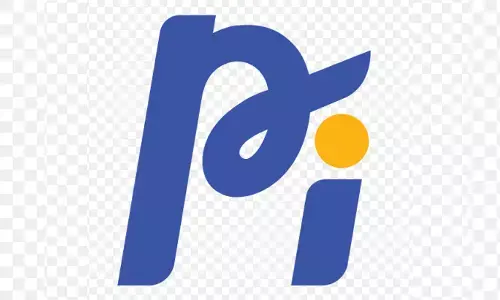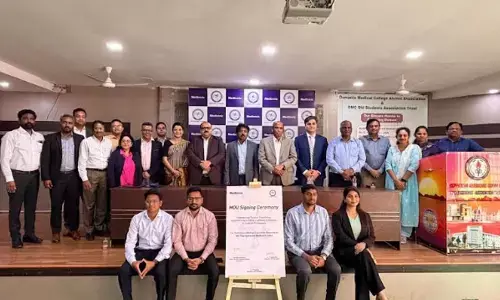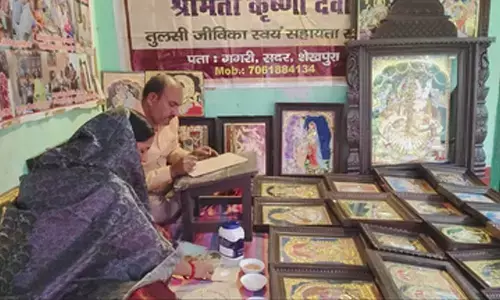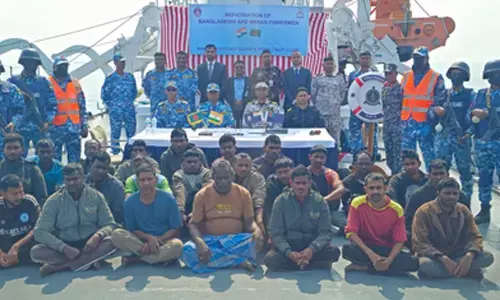Misuse of RTI to harass BCI
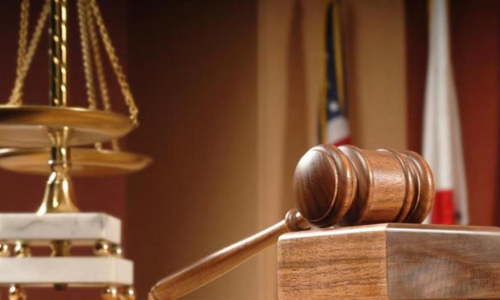
Misuse of RTI to harass BCI. This is a case where the Bar Council of India is facing allegedly ‘defamatory’ RTI requests by a ‘friend’ who during his good terms with his lady partner took the contract of conducting elections, but after facing criminal charges from her chose to embarrass the BCI with the RTI.
Though the concerns and contentions of the BCI are genuine and reasonable, CPIO should not have delayed the response by five days. The RTI Act does not envisage any provision to refuse information because their decision makers were considering it or refused to give information. Even when the request was considered and rejected, the CPIO has a statutory responsibility to respond within 30 days during which period only he should obtain necessary information from other officers of public authority
If the spouse is serving a public authority, will other spouse get a right to secure all information about the spouse even at the detriment of the public authority? The answer is a clear no. Two friends or a couple, if separated for any reason, have right to seek remedy but they cannot misuse RTI to harass the public authority.

This is a case where the Bar Council of India is facing allegedly ‘defamatory’ RTI requests by a ‘friend’ who during his good terms with his lady partner took the contract of conducting elections, but after facing criminal charges from her chose to embarrass the BCI with the RTI.
ZA sought certified copy of “Secretary’s Notes” for meeting of sub-committee of the BCI for conducting AIBE exam held on 6.7.2012, copy of note sheet to invite tender for conducting AIBE examination, resolution passed in sub-committee meeting dated 23.6.2012, name of the agencies whose sealed tenders received till June 30 etc.
In another RTI request ZA sought name and designation of all officers dealing with letter dated 23.12.2014, all reference/correspondence. After 35 days the BCI wrote to ZA that all RTI applications filed by ZA were placed before the General Council (GC) for taking a direction, the GC took a decision to keep all information confidential till finalisation of all the issues regarding All India Bar Examination and the GC directed BCI not to furnish any information.
Minutes of the GC stated that after enquiry into the allotment of examination work to M/s ITES Horizon Private Limited, it was found that the allotment was fair, and the enquiry report was accepted. It was stated that as the enquiry was still going on the report shall be kept confidential and forwarded to Ministry of Law and Justice and Ministry of Corporate Affairs.
The GC considered it as confidential information as the authority is in the process of taking action. The GC decided to constitute a three-member committee to take legal action against the appellant for defaming the council and its chairman. The CPIO presented these papers to the Commission and complained against the appellant alleging misuse and defamation.
The GC also considered the issue of supply of information to RTI applications of the appellant, and concluded that appellant was misusing the RTI, with mala fide intentions, as sword in the criminal trial of rape, which the appellant is facing and maligning image of chairman of BCI.
He submitted:”ZA was a co-founder of ITES Horizon Pvt Ltd, to whom tender was given in 2012 for conducting AIBE (All India Bar Examination). It was ZA only with whom they have communicated on the tender of AIBE. ZA had good relations with RK, former director of M/s ITES Horizon Pvt Ltd.
Later there were differences between them and RK made serious criminal charges against the appellant leading to his confinement. Because of his animosity against her, he was filing complaints and RTI applications against BCI”. He contended that the information sought is about a firm which is in contractual relation with the public authority for conducting the AIBE, thus giving information to appellant would harm process of conducting the AIBE.
Though the concerns and contentions of the BCI are genuine and reasonable, CPIO should not have delayed the response by five days. The RTI Act does not envisage any provision to refuse information because their decision makers were considering it or refused to give information.
Even when the request was considered and rejected, the CPIO has a statutory responsibility to respond within 30 days during which period only he should obtain necessary information from other officers of public authority.
The plea of the CPIO that their internal enquiry into allegations about the allocation of Exam work to M/s ITES Horizon Pvt Ltd was still continuing, could not be accepted because the enquiry was concluded and report was submitted. Once enquiry/investigation was completed, claim of the exception to deny information under section 8(1)(h) does not stand.
The information he sought about the allotment of exam work to M/s ITES Horizon Pvt Ltd can also be withheld under Section 8(1)(d) for being commercial confidence, trade secret or intellectual property, the disclosure of which would harm the competitive position of a third party, unless the competent authority is satisfied that larger public interest warrants the disclosure of such information.
The purpose of seeking this information appears to be wreaking vengeance against the MD of M/s ITES Horizon Pvt, who was appellant’s erstwhile partner, because of whose complaint the appellant was confined. This ruled out any public interest. Information sought could harm the commercial or competitive interests of the firm.
Thus Section 8(1)(d) of RTI Act permits the public authority to deny the same. The CPIO did not mention any of above reasons in the response denying the information to the appellant. The CPIO of any public authority, more so in case of BCI, has to give speaking orders justifying denial of information.
The CPIO is directed to share the entire report or gist of the enquiry after separating the information that could be denied under Section 8(1)(h) or any other exception under RTI Act. Such a revelation not only provides information to the appellant but also answer the allegations as the committee found the process of allocation of exam work to M/s ITES was found to be ‘fair’.
The report/gist of enquiry report shall be placed in public domain within one month from the date of receipt of this order. The Commission reprimanded the appellant ZA for misuse of RTI for his personal purpose motivated by vengeance against another individual.
If he has any grievance, he is free to fight for his legal remedies in appropriate forum, but he cannot harass the BCI with such grave allegations without minding that it would seriously harm a large section of young lawyers who have to take AIB Examination to get into practice of law. The appellant should remember that the BCI has every authority to take recourse to appropriate legal action against baseless allegations (Based on the decision in CIC/SA/C/2015/000090 in June 2015) 3.8.20015)












